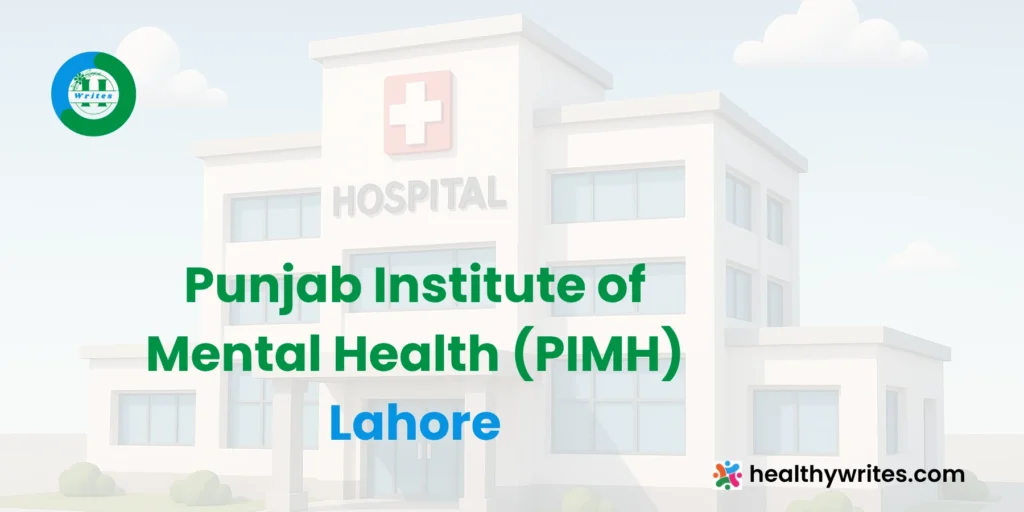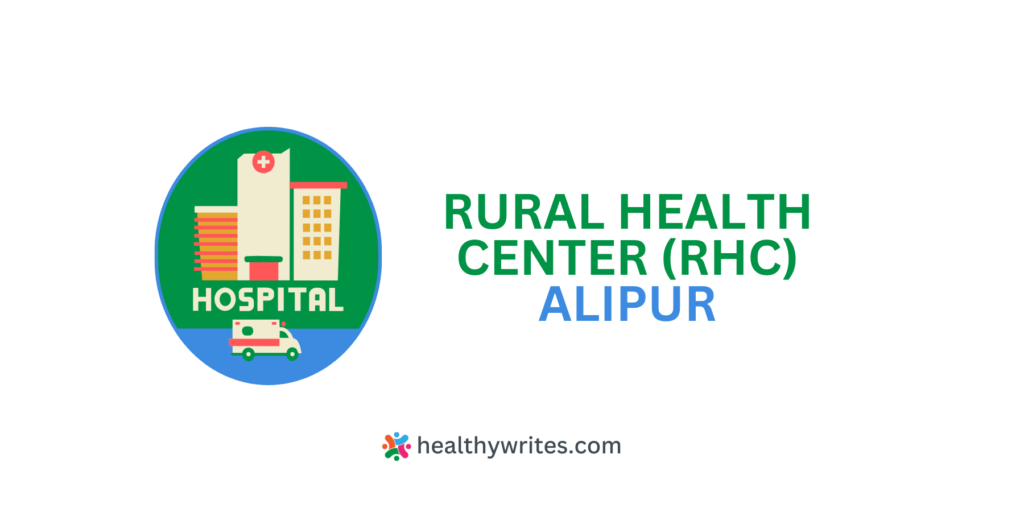Historical Background
- Origins: Founded in 1900 as the Lahore Mental Hospital (formerly Lunatic Asylum), built on 172 acres donated by a Hindu philanthropist during Maharaja Ranjit Singh’s era.
- Evolution: Expanded under British rule. Renamed Government Mental Hospital, then Government Hospital for Psychiatric Diseases (1996), and finally Punjab Institute of Mental Health (2002).
- Affiliation: Teaching hospital for Services Institute of Medical Sciences (SIMS), since 2003.
🌳 Campus & Capacity
- Size: Covers approximately 50 acres with green lawns, trees, a zoo, and patient recreational facilities.
- Beds: 1,510 beds available; typically accommodates 1,100–1,300 in-patients.
- Daily OPD: Receives around 700–800 outpatients per day.
🧠 Services & Facilities
- Clinical Services: Treats schizophrenia, bipolar disorder, epilepsy, substance abuse, and geriatric mental health through OPD, IPD, emergency, ECT, occupational therapy, and psychology services.
- Rehabilitation: Offers psychosocial and vocational rehab programs with proven patient improvement (p < 0.05).
- Library: Two libraries with 368 books, newspapers, and group therapy sessions.
- Digital Systems: HMIS by PITB (2014–15) handles OPD, emergency, labs, pharmacy, and CCTV surveillance. Annually logs 59,000 OPD and 1,500 emergency visits.
🏥 Challenges
- Staff Shortage: Over 50% of sanctioned posts for medical and paramedical staff remain vacant.
- Overcapacity: Over 1,000 patients per day create financial and infrastructure burdens.
- Mismanagement: Reports cite corruption, food/drug theft, outdated psychiatric care, and mistreatment of patients.
- Alarming Claims: Bribes for admissions, drug shortages, obsolete therapies, and physical abuse of patients.
⚙️ Development & Future Strategy
- Government Plans (2023): Bed increase in addiction unit, physiotherapy services, staff recruitment, and building repairs.
- Proposed Additions: 100-bed child psychiatry unit, psychiatric ICU, diagnostic upgrades (EEG, CT, MRI), new emergency/OPD wings, male nursing school.
👥 Community Role & Social Impact
- Free Services: Includes food, stay, medicine, therapy, and testing for the underprivileged.
- Family Education: Workshops on medication adherence and mental health awareness.
- Long-Term Care: Abandoned patients receive life-long shelter and vocational engagement, with some buried on-site.
📈 Academic & Collaborative Engagement
- Teaching: Clinical psychologist and MBBS training through SIMS, and psychology MoU with LCWU (2022).
- Research: Studies highlight successful rehabilitation outcomes and inform treatment improvements.
✅ Summary & Outlook
The Punjab Institute of Mental Health (PIMH) is South Asia’s largest public psychiatric hospital. Its legacy, wide-ranging services, academic role,
and therapeutic advancements position it as a vital mental health institution. Yet, critical issues such as understaffing, overcrowding, and mismanagement
continue to hinder its full potential. With targeted reforms and sustained investment, PIMH can evolve into a model institution for mental health care
in the region.
FAQs about Punjab Institute of Mental Health (PIMH), Lahore
What is PIMH?
PIMH is the largest psychiatric facility in South Asia, a government‑run mental health hospital on Jail Road, Lahore, with a capacity of around 1,510 beds spread across 50 acres.
Where is PIMH located?
It is located in Shadman‑II on Jail Road, Lahore, Punjab, Pakistan :contentReference[oaicite:2]{index=2}.
What are the OPD and admission numbers?
PIMH treats roughly 700–800 outpatients daily and admits 6,000–7,000 inpatients per year :contentReference[oaicite:3]{index=3}.
Which mental health services are offered?
PIMH offers a range of services: adult and child psychiatry, drug rehabilitation units (separate male/female), autism centre, psychotherapy, transcranial magnetic stimulation (TMS), inpatient and outpatient care :contentReference[oaicite:4]{index=4}.
Does PIMH have specialised departments?
Yes—its departments include Pathology (lab tests, drug screening, Hepatitis/HIV screening) and Clinical Psychology (CBT, REBT, individual/family/group therapy, assessments, rehabilitation) :contentReference[oaicite:5]{index=5}.
Is treatment free?
All services including boarding, lodging, OPD, emergency, labs, and pharmacy are provided free of cost :contentReference[oaicite:6]{index=6}.
How can I contact or visit PIMH?
You can call the main line at +92 (42)‑99203776‑7, fax at +92 (42)‑99203775, or email edpimh@yahoo.com. The institute is located at Shadman‑II, Jail Road, Lahore :contentReference[oaicite:7]{index=7}.
What are the eligibility/referral procedures?
PIMH accepts walk‑ins and referrals. It also supports patients from surrounding provinces and AJ&K :contentReference[oaicite:8]{index=8}.
Is PIMH autonomous?
As of January 2023, PIMH has been granted autonomous status and is administered by a six‑member Board of Management under the Punjab Medical & Health Institutions Act 2003 :contentReference[oaicite:9]{index=9}.





